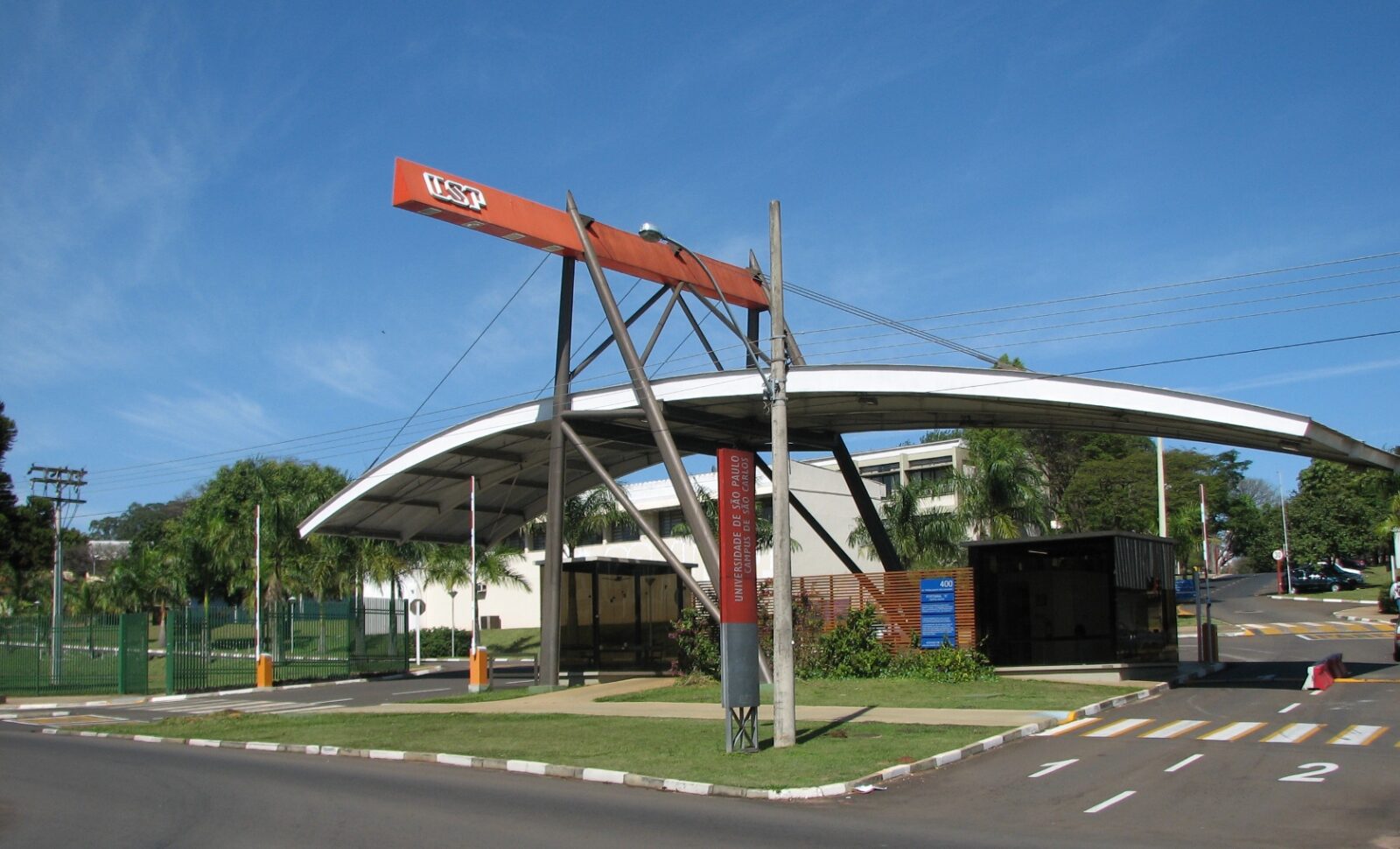The prize for the winning group will be a trip to visit Sweden’s innovation ecosystem
The Swedish Aerospace Research Center (SARC) and the Brazilian Aerospace Research and Innovation Network (BARINet) have just announced the results of the 2nd SARC-BARINet Aerospace Competition and the winners are undergraduate students from USP São Carlos, in São Paulo’s countryside.
“This time the target was undergraduates and masters students, instead of researchers and startups (as in the first time),” explains Prof. Raffaello Mariani, from the Royal Institute of Technology, one of the organizers on the Swedish side. And the challenge proposed in this edition was to create systems aimed at detecting and fighting fires in forests, using Unmanned Aerial Vehicles (UAVs), which are better known as drones.
Students from Brazilian and Swedish universities participated in the competition. “The theme of fighting forest fires using multiple autonomous aircraft is not trivial,” says Prof. Glauco Marin, from the School of Engineering at USP-São Carlos (EESC-USP) and one of the organizers of the challenge, which was the responsibility of SARC and BARINet, with support from CISB (Swedish-Brazilian Research and Innovation Center) among others.
And, as in the first edition of the competition, the victory came to Brazil. The winning proposal was from Team Atena, formed by students from the SEMEAR Group from EESC-USP, especially from the Aerial Robotics Center.
And this achievement must be highlighted, because according to Prof. Rafaello, all proposals were “of very high level”. Lucas Cavalcante, engineering student and one of the winning team members, explains that before the competition none of the team members had knowledge of firefighting strategies.
So, to understand the problem more deeply, they sought support from the São Carlos Fire Department. There, they were able to understand the challenges and risks faced, and were able to come up with ideas on how the use of drones could reduce the risks of accidents and make operations more effective.
The Idea
The winning project, called NoFire Squad, consists of the conceptual development, tested in a simulator, of a swarm of nine autonomous quadcopters that work cooperatively to help fight forest fires.
“The idea is that the drones are launched from the Brazilian military aircraft, KC 390, in an area close to the focus of the fire. The swarm is able to search the terrain, find the region of the fire and initiate a strategy to slow the spread of the flames,” explains Lucas.
“In our approach, one of the drones in the swarm leads the others, helping them to position themselves to launch anti-fire substances in the regions peripheral to the flames, thus preventing the fire from spreading quickly to regions not yet affected,” says the engineering student. This firefighting strategy executed by the drones and programmed by Team Atena is based on the way firefighters act.
Next steps
The winning team will, in 2023, go to Sweden. The focus of the trip is to get to know the rich aerospace innovation ecosystem of that country, visiting industries and universities. “The idea is to reinforce the exchange that is already strong between Brazil and Sweden when it comes to technology, research, and development,” says Alessandra Holmo, Managing Director of the CISB.
And a new edition of the competition is already confirmed for next year. The proposal is to further advance with the integration of professionals and students from Brazil and Sweden, increase the number of teams, and stimulate and motivate the sharing of experiences.
“A first proposal to be presented to the Competition’s Advisory Board is the creation of mixed teams composed of students from both countries,” enthuses Prof. Glauco. Prof. Rafaello emphasizes that future competitions should focus on real problems and teams should be multidisciplinary.
“We are sure that this kind of competition is extremely beneficial because it gives students the opportunity to overcome real barriers, which will be encountered in the market, and also stimulates the emergence of practical solutions, which can help the whole world – like the winning proposal of the Brazilian group,” concludes Alessandra.
*** Translated by the DEFCONPress FYI Team ***
